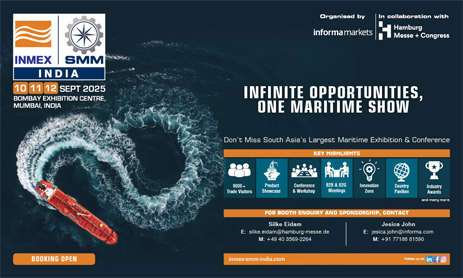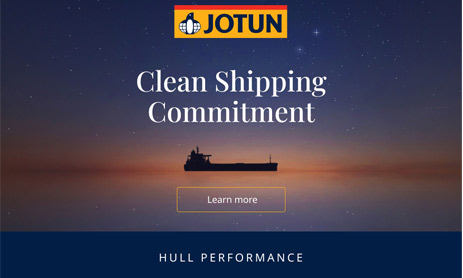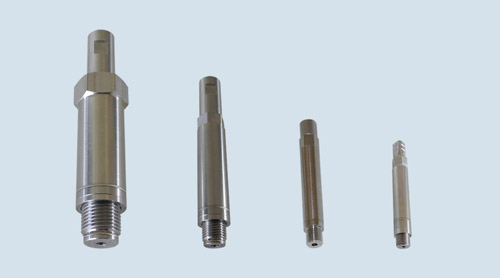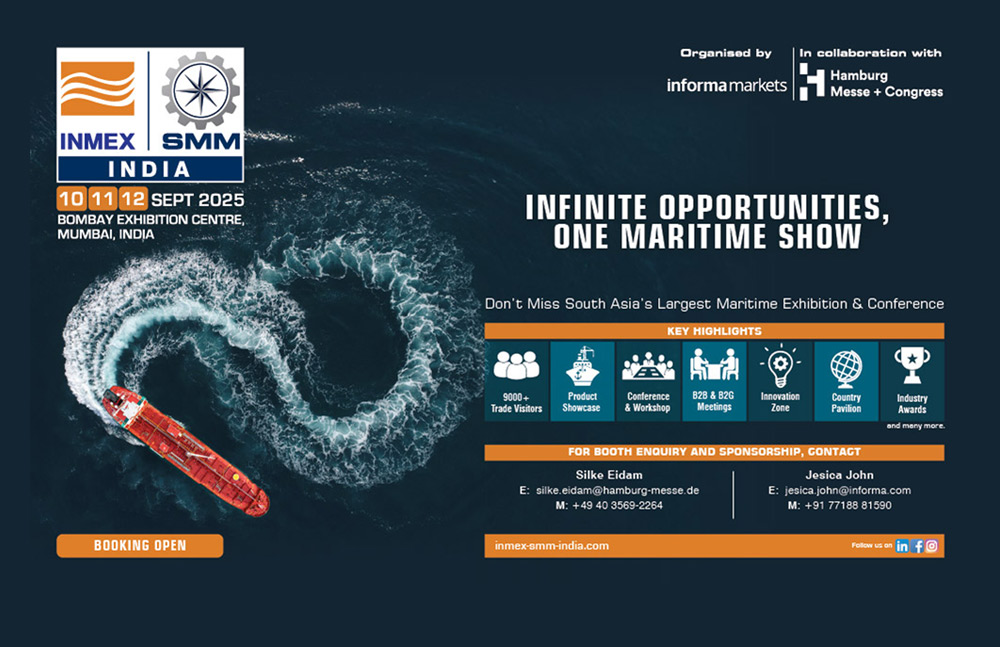The IMO climate talks in London concluded on 11 April 2025, and one outcome of the meeting is already clear: a new emissions control area is being created in the North Atlantic – the largest in the world.
The “Northeast Atlantic Emission Control Area” will extend from Portugal to Greenland and connect existing areas. It is to apply from 2027.
The area was already proposed last year, and now the participants of the 83rd Maritime Environment Protection Committee (MEPC 83) have agreed on its implementation. With an area of 5.05 million km2, it will be the world’s largest Emission Control Area (ECA). It joins the existing areas in the Mediterranean, the North Sea and off the US East Coast. Further ECAs are to be created off Norway and in the Canadian Arctic. Within these zones, shipping will only be permitted under strict climate conditions.
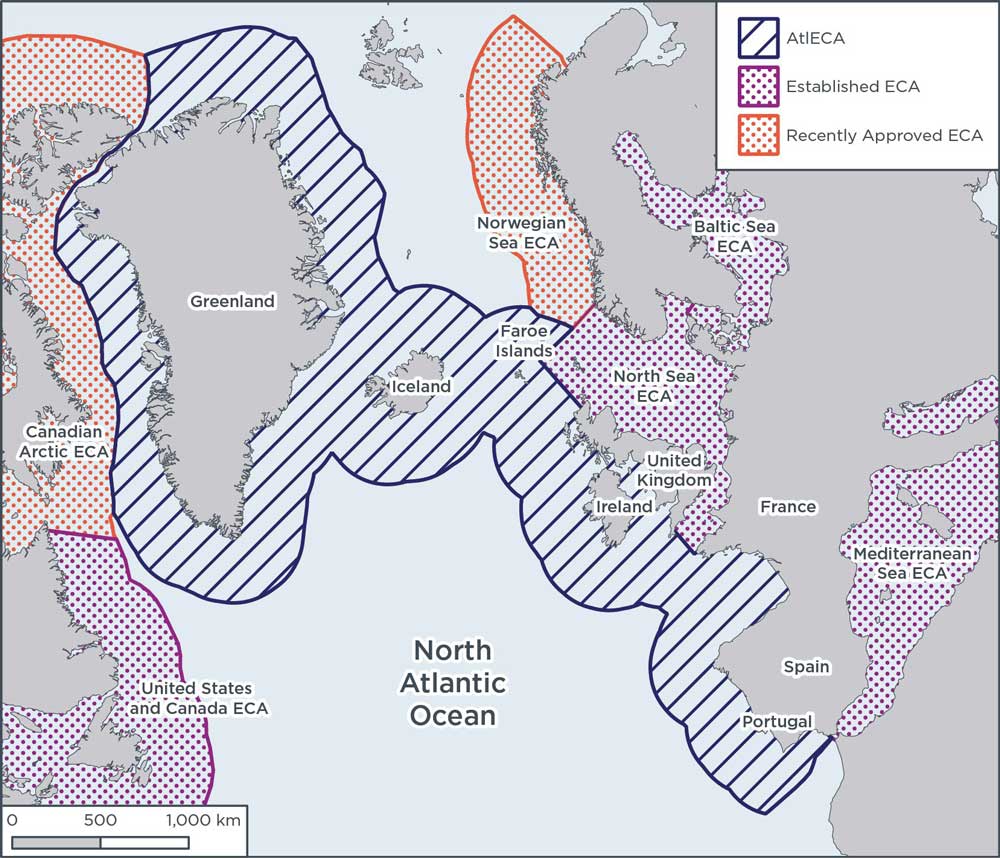
ECA in the Atlantic connects further control zones
Sönke Diesener, shipping expert at nature conservation organization Nabu, called the agreement a “historic day for the reduction of air pollution from ships”. The new ECA will prevent thousands of premature deaths in Europe. “Soon almost all European waters will become emission control zones,” said Diesener. “This harmonized regulation will not only benefit people and nature, but will also create a level playing field for the maritime industry in Europe.”
The final decision is to be published later today as part of MEPC 83. This week, the IMO member states will decide on the introduction of a universal greenhouse gas levy and a new fuel standard. Both measures are intended to help achieve the International Maritime Organization’s climate targets: These aim to make international shipping climate-neutral by 2050.
However, regardless of what the member states agree on at MEPC 83, the maritime world cannot rely on the support of the USA. Delegates from the Trump administration stayed away from the meeting in London. And that’s not all: similar to US customs policy, which is currently “turning world trade inside out”, America has already announced that it will levy charges if the new IMO decisions result in higher fuel costs for US ships.










